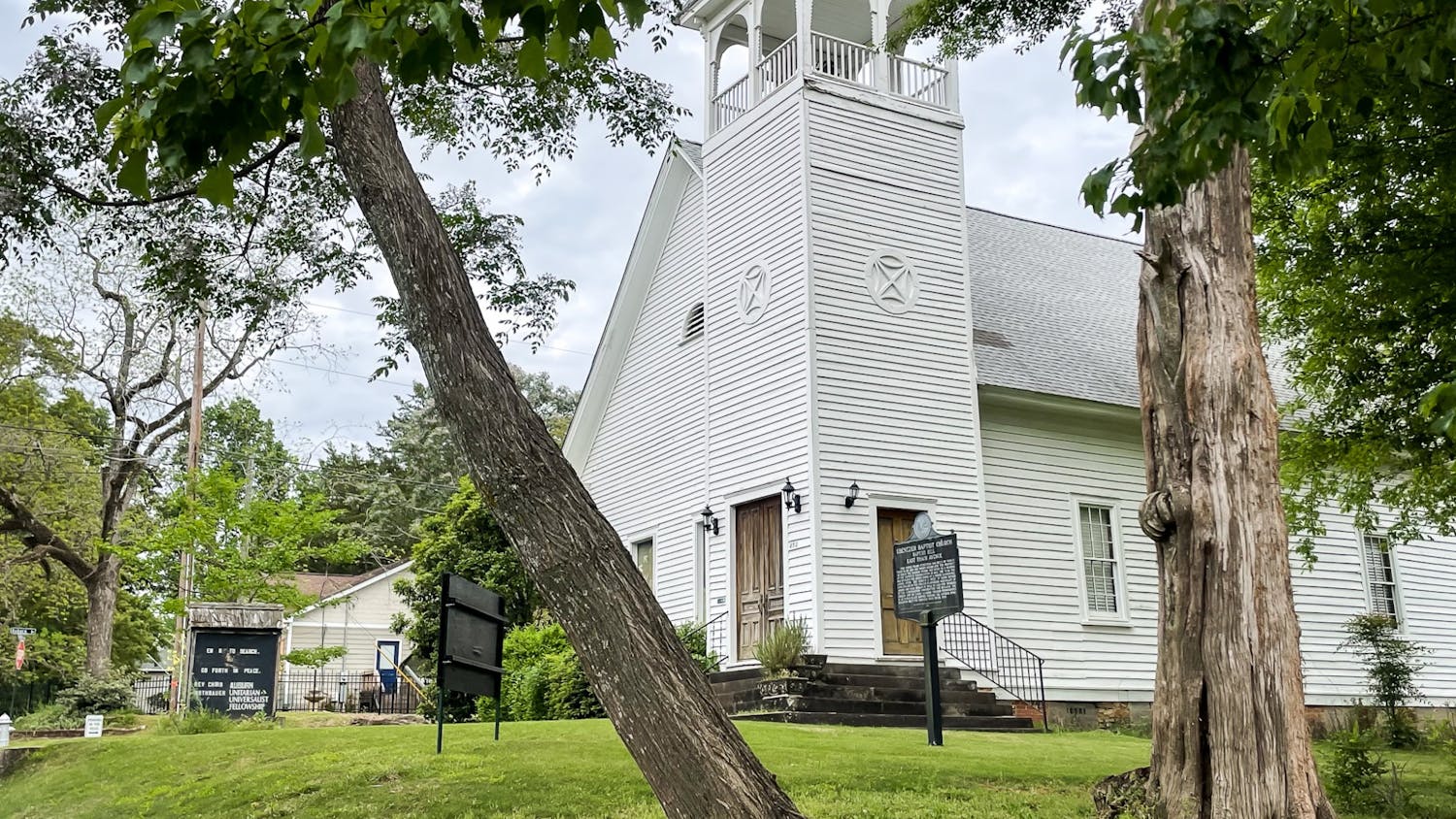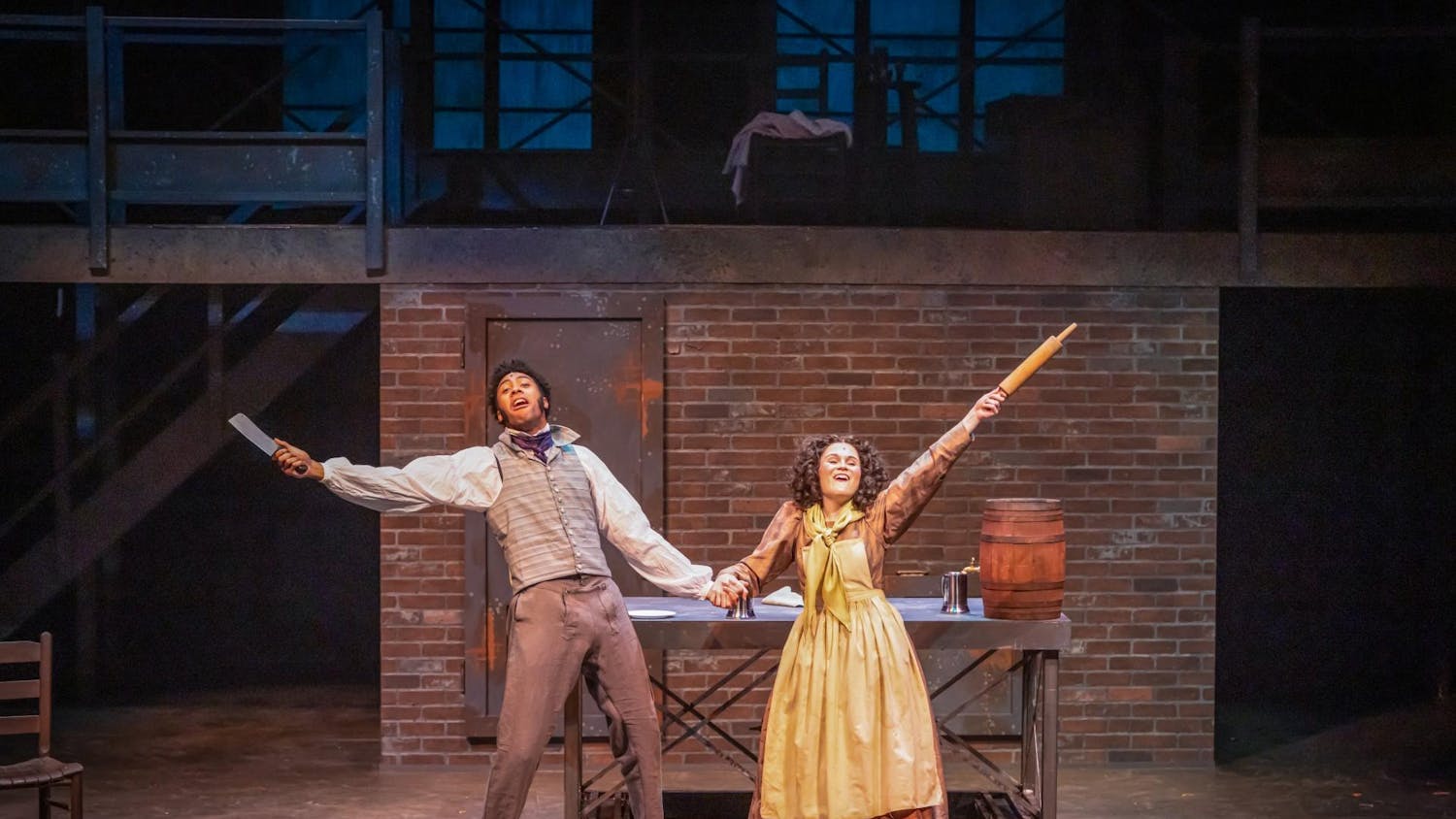Editor's Notes: When this article was first published, it unintentionally used language by Dr. Jennifer Brooks. That mistake has now been corrected. The Plainsman wishes to apologize to Dr. Brooks and to our readers for this error.
With a couple weeks of the semester in the books, it’s become cliché to say nothing feels normal. From an eerily baren Haley Concourse to a virtual classroom, Auburn University looks nothing like that of years past.
Yet, despite the bizarre nature of the times, the University’s steadfast resolve shines through in its inability to ever have a timely and significant racial reckoning on its campus.
In May, the murder of George Floyd at the hands of Minneapolis police sparked worldwide protests and pushes for social justice, leaving Auburn campus and community members to examine issues of racism at the University, whose racially fraught history stretches back prior to the Civil War.
Among the countless number of issues needing to be addressed on campus, Ashley Henton, senior in apparel design, started a petition to rename Wallace Hall, which received over 10,000 signatures. Named after the former Alabama Gov. George Wallace, the building is one of at least 10 buildings on campus named after segregationists, white supremacists or Ku Klux Klan leaders.
Although Wallace expressed regret in his later years for his racist beliefs, he is widely known for building a national political career through overt racism, leaving a legacy of “segregation forever.” Other problematic building names on campus include Bibb Graves Amphitheatre, named after the former governor and Klan leader, and Comer Hall, named after B.B. Comer, who greatly profited off the exploitation of black convict labor, according to Jennifer Brooks, associate professor of history at Auburn University.
With such nods to despicable and morally bankrupt individuals, it’s no surprise that Auburn has just a 5% black enrollment in a state where 26% of the population is black.
But once again, Auburn has failed to meet the moment, and the names of racists remain littered across the faces of buildings throughout campus, nearly three months after change was demanded.
Unsurprisingly, this is not the first time pressure has been put on the University to change some building names. According to Brooks, in 2016, the University put tasked a student-and-faculty-run committee with investigating the heritage of landmarks on campus. In their report to Auburn President Jay Gogue, the committee recommended immediately renaming the aforementioned buildings.
Four years later, nothing’s changed, including Auburn’s perpetual lip service and thumb twiddling when it comes to dealing with racism.
It was past time then, and it’s past time now. Auburn University must remove the names of any racist who is honored as a namesake of a building on campus.
Since the petitions were started in early June, all we’ve heard from the University is the same, old excuse that it is just out of their hands, and they’re doing what they can.
The 2017 Memorial Preservation Act generally forbids the renaming of buildings named after individuals, according to the Montgomery Advertiser. Violators can face a $25,000 fine. But the law includes a definition of "memorial school" that refers to buildings and facilities, but only at K-12 public schools and two-year colleges and programs.
Even if we’re to ignore the absurdity of the fact that a 2017 law is preventing the University from doing what it was told to do in 2016, it’s rich to hear Gen. Ronald Burgess, chief operating officer of the University, drone on at the last faculty senate meeting about the bureaucratic nightmares of renaming buildings, while Troy University was announcing the renaming of their own building named after Graves.
To make matters worse, even that other school to the west removed plaques glorifying the Confederacy before Auburn could substantively address outward displays of disrespect and disregard for the black community in Auburn.
Considering how quick Auburn is to brand itself as the premier higher-education institution in the state, it’d be wise to not continue falling behind Troy in realizing racial reckoning.
Do you like this story? The Plainsman doesn't accept money from tuition or student fees, and we don't charge a subscription fee. But you can donate to support The Plainsman.





